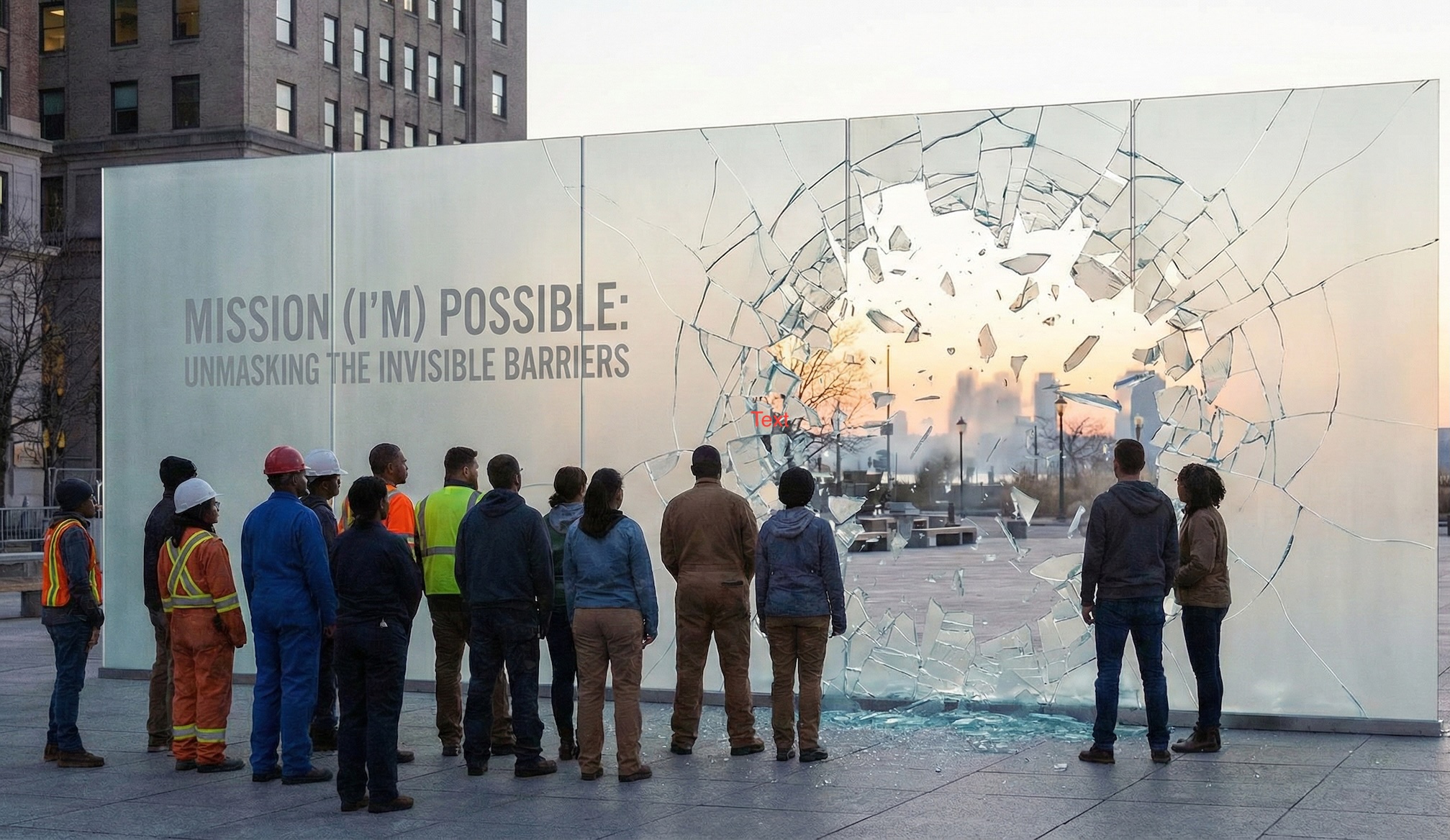Blogs

Repairing the Damage: 5 Steps to Rebuilding Trust
July 6, 2023

Trust is one of those things we often take for granted until it's broken. And when we work alongside one another - in fact, any time people come together to collaborate - mistakes and conflict are bound to happen. That said, maintaining productive relationships with our team and colleagues is crucial to not only reaching our goals as an organization but to our staff feeling safe, supported, and valued.
Apologizing for others' mistakes is not only unhelpful, but it can hinder your integrity and even make you seem untrustworthy. And failing to apologize for our own mistakes and missteps - even if they were accidents, or seem inconsequential - can lead to rumination, resentment, and anger. In a healthy workplace culture, an engaged team needs to feel validated and valued in order to foster optimal performance. So, when trust is broken, it's imperative that we take immediate steps to repair the damage.
While each of us has our own set of requirements before we can move on from a situation in which trust has been damaged, there are five key steps for rebuilding trust and getting back to a healthy working relationship.
- Acknowledge
Many of us, upon realizing that we've overstepped a boundary or broken trust, jump immediately to apology, feeling that's what's needed to make amends and move on. Apology is important, but before we get there, we first need to acknowledge the reality that trust has been broken. We must do this without excuses, rationalizations, or legitimations. This requires that we are vulnerable and honest, stating the action or words that caused harm. Whether on purpose or by mistake, if our actions have caused a rupture in our relationship with the other person, we can't begin to repair that damage without acknowledging specifically what was done that you want to apologize for.
- Affirm
The next step is to affirm and accept without judgement the experience of the other person. This can sometimes be tricky, as it's easy to unknowingly disaffirm and invalidate the other's experience by sharing our own. Instead, avoid making assumptions about the other person or their feelings, and do not try to shift some of the blame to someone or something else. Seek to understand their experience from their point of view.
- Apologize
Now that you've acknowledged what was done and affirmed the other person's experience, a clear and sincere apology is the next step. Be direct and honest and start with a simple "I'm sorry that I..." or "I apologize for..." If you said something that hurt the other person's feelings or invalidated their ideas, say as much: "I'm sorry for what I said during our meeting and for making you feel like you aren't a valued member of our team."
- Ask
Simply saying "I'm sorry" isn't enough if it's not followed up by determining what you can do differently in the future or what you can do now to make things right. And the only way to determine this is to ask. That is, ask the other person what is most important to them and what specific behaviours they'd like to see changed. Be as concrete as possible - the goal is to ensure you are following through in a way that will in fact repair the rupture in your relationship.
- Act
The final step is action. An apology means little without a commitment to change. While you might not be able to do everything the other person requests, it is imperative that your behaviour after an apology reflects that you have heard and understood them from their perspective and are committed to making a change. Seeing is believing, after all.
After you've had this conversation and moved through each of these steps, you might expect immediate forgiveness. We can't control what other people do or how they feel, so once you've apologized for your part in a conflict or for your mistake, let it go. Each of us moves at our own pace, so if you've done what you can to apologize sincerely and meaningfully, you can simply move forward and allow the other person to process what you've said. Your ability to acknowledge when you are wrong and repair relationships with your staff will push others to do the same, and your workplace culture will thrive.
 November 2, 2023
November 2, 2023






























